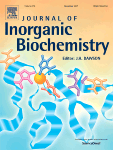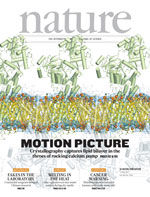 Earlier this month, we reported the retraction of several papers published by researchers with appointments at both the University of California, San Francisco (UCSF) and the San Francisco Veterans Administration (VA) Medical Center, led by a prominent urologist. Recently, we obtained the letters sent to the journals that retracted the papers, shedding some additional light on the case.
Earlier this month, we reported the retraction of several papers published by researchers with appointments at both the University of California, San Francisco (UCSF) and the San Francisco Veterans Administration (VA) Medical Center, led by a prominent urologist. Recently, we obtained the letters sent to the journals that retracted the papers, shedding some additional light on the case.
The most notable insight: The institutions couldn’t place blame for the misconduct that led to the three retractions on any one individual.
Through a public records request, Retraction Watch has obtained the letter sent to the American Association of Cancer Research (AACR) — which publishes Cancer Research and Clinical Cancer Research — as well as a similar one sent to the editor of the International Journal of Cancer. UCSF and the VA co-wrote both letters and sent them to request editorial action on articles that the research institutions had found to contain “clear evidence” of research misconduct.
Because the retraction notices for the papers published by Cancer Research and Clinical Cancer Research quoted the AACR letter heavily, there isn’t a lot more to reveal. But the letter does say that the committee “could not determine who was responsible” for the misconduct, even though the co-authors said it was Masahiro Sasaki, first author on both papers.
According to the letter, Sasaki:
Continue reading UCSF-VA letters to journals offer insight into misconduct investigations

 Two journals are retracting papers published by researchers affiliated with Children’s Hospital Los Angeles (CHLA).
Two journals are retracting papers published by researchers affiliated with Children’s Hospital Los Angeles (CHLA). 
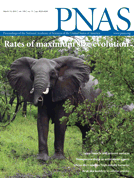
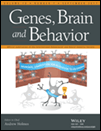
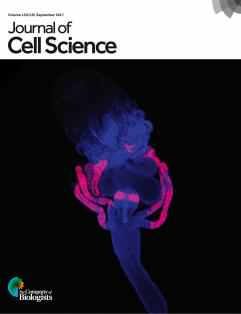 A journal has published an expression of concern (EoC) for a paper on cancer genetics in mice, over a concern about data in some gel panels.
A journal has published an expression of concern (EoC) for a paper on cancer genetics in mice, over a concern about data in some gel panels. 